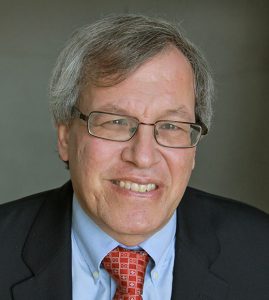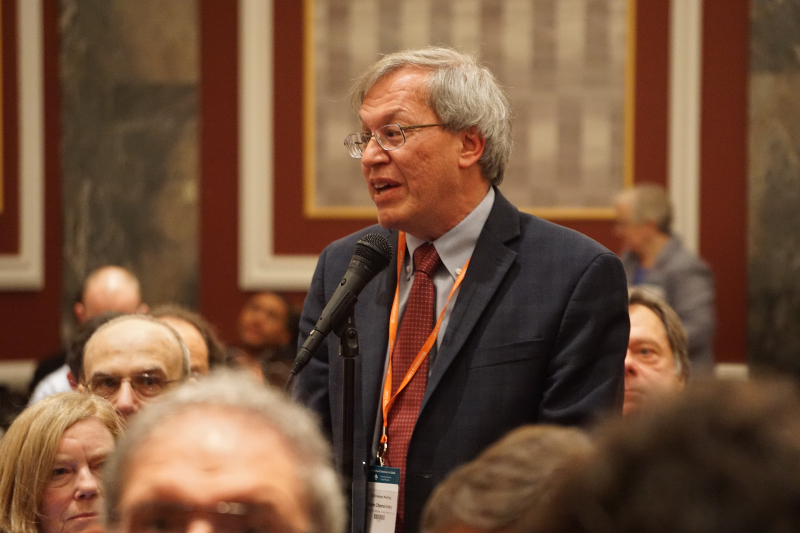President’s Message: Basic Principles Concerning Law Schools and Freedom of Speech
By AALS President Erwin Chemerinsky, Dean, UC Berkeley School of Law

Recent events at a couple of law schools, where students disrupted speakers, received national media attention. The incidents were powerful reminders of the importance of law schools as places for expression as well as the role of law schools as essential leaders in articulating and explaining freedom of speech and academic freedom.
My hope is that law schools and their faculties can unite around some basic principles concerning freedom of speech. After all, free speech is neither a liberal nor a conservative concept. And the reality is that both liberals and conservatives, at times, have the impulse to try to silence the speech they don’t like. Especially in these deeply politically polarized times, there is great benefit in finding agreement as to the importance of free speech and the limits on it as well. If law schools support these principles, ideally, we can be a model for our campuses and perhaps even beyond.
First, the core of freedom of speech under the First Amendment and academic freedom is that all ideas and views should be able to be expressed on campus. For public universities, this principle is mandated by the Constitution. And virtually every private university, in its faculty and student handbooks and its policies, proclaims a commitment to principles of freedom of speech. The intellectual inquiry that is central to law schools and campuses requires this commitment to freedom of speech and academic freedom.
I constantly remind my students that we don’t need freedom of speech to protect the expression we like; we would let it occur anyway. This includes needing to tolerate ideas and views that we find objectionable or even offensive. As the University of Chicago statement on free speech, often referred to as the Kalven Report, declares, it is not the role of the university to “shield individuals from ideas and opinions they find unwelcome, disagreeable, or even deeply offensive.”
Second, it also is crucial to recognize that free speech, under the First Amendment and under principles of academic freedom is not absolute. There are types of speech that are not protected by the First Amendment, such as incitement of illegal activity, harassment, and true threats. Undoubtedly, there are difficult lines to draw, such when speech should be deemed incitement or a true threat or harassment.
Also, the campus may, consistent with the First Amendment and academic freedom, impose time, place, and manner restrictions on speech so long as they are content-neutral (i.e., apply to all speech the same regardless of message) and leave open adequate alternative places for communication.


